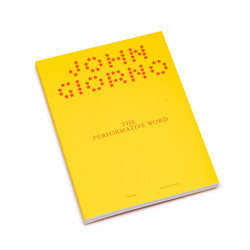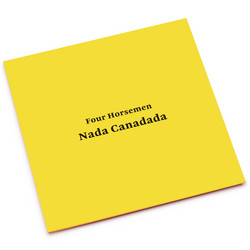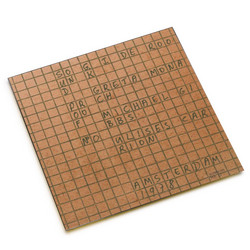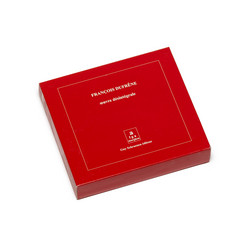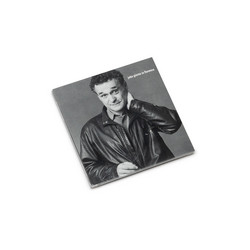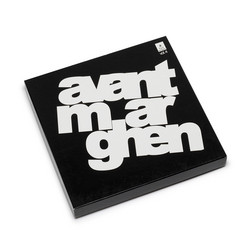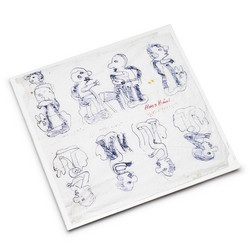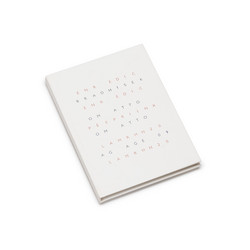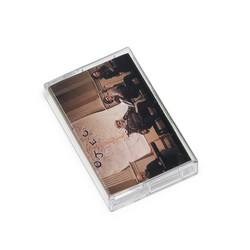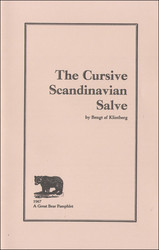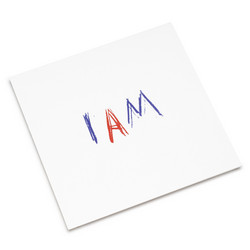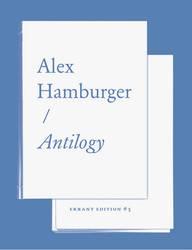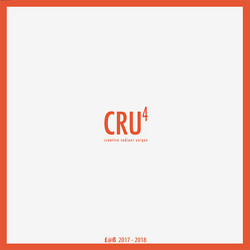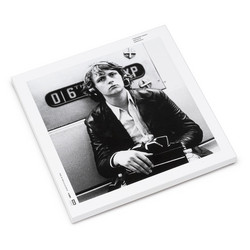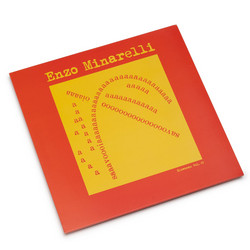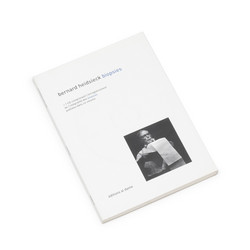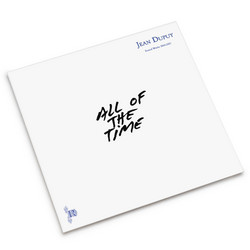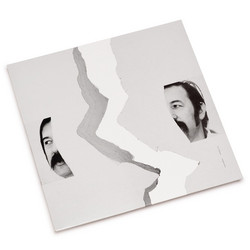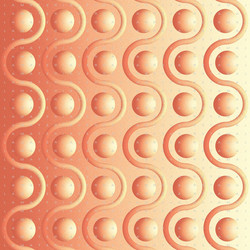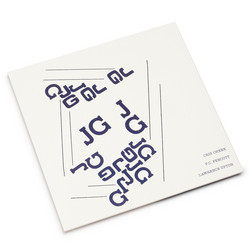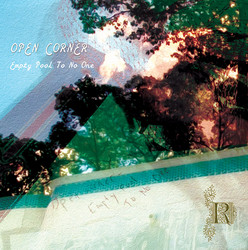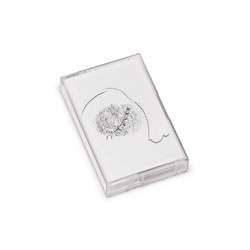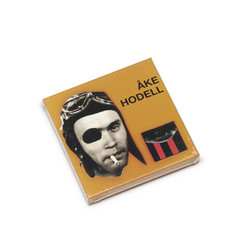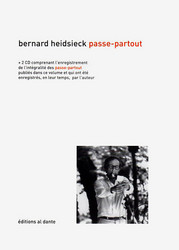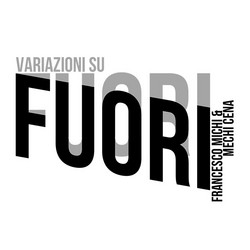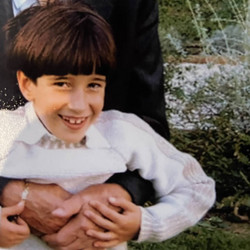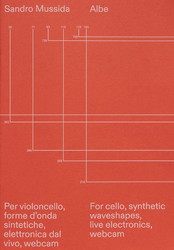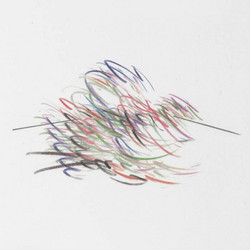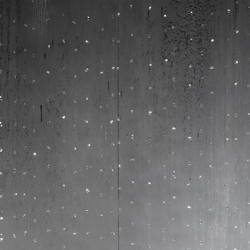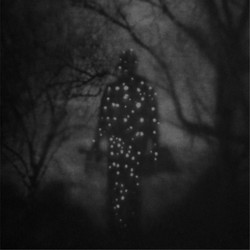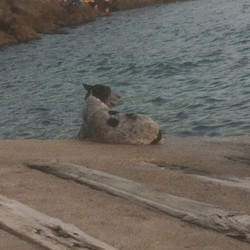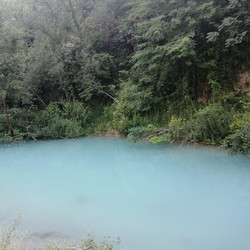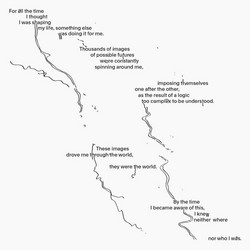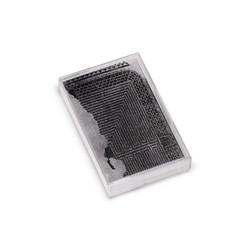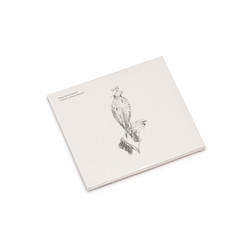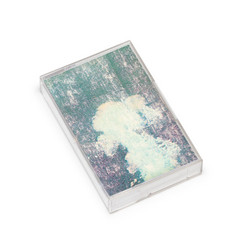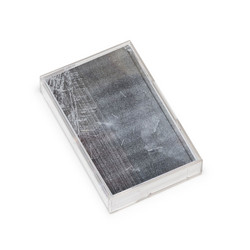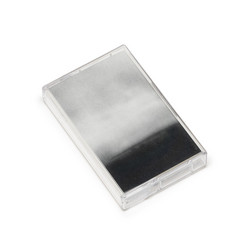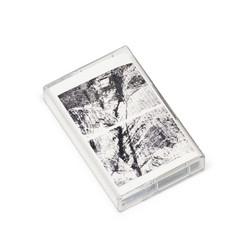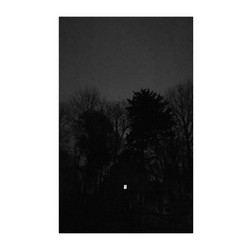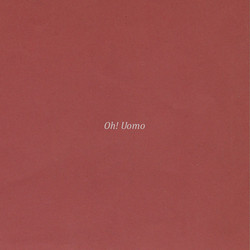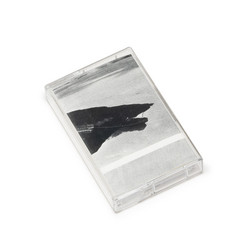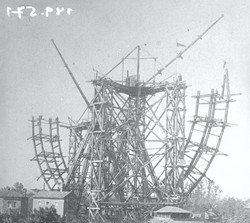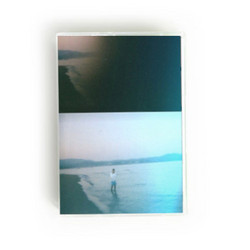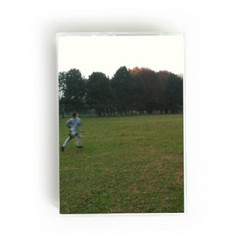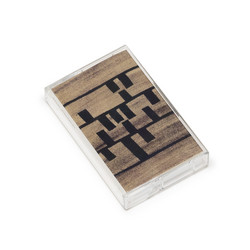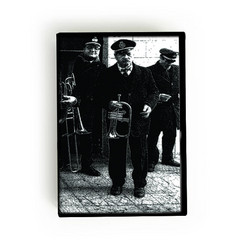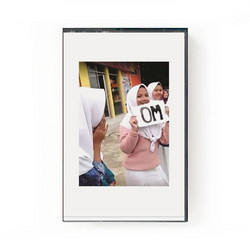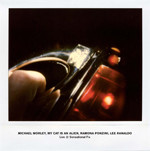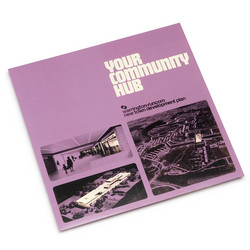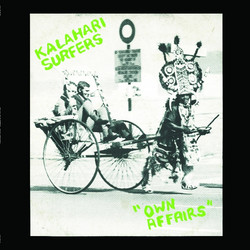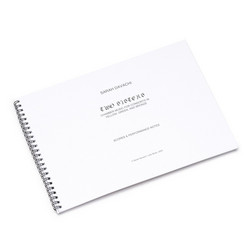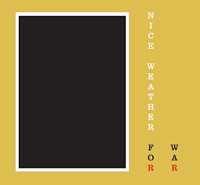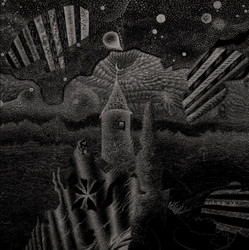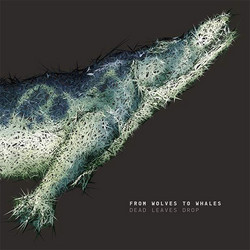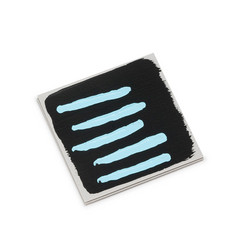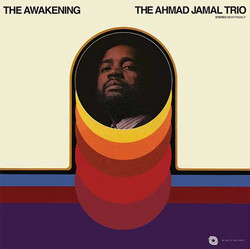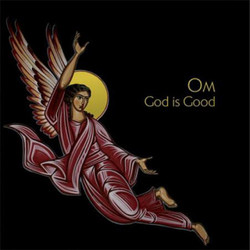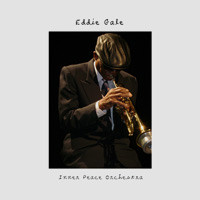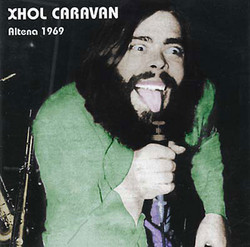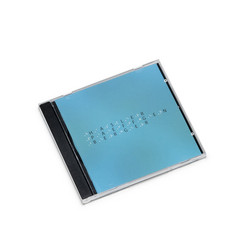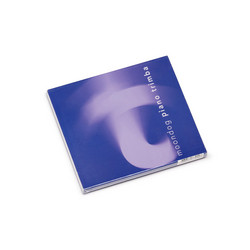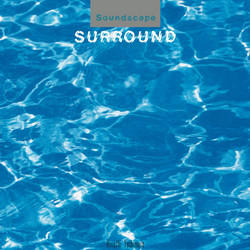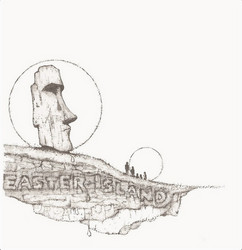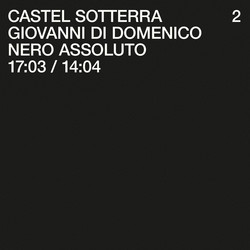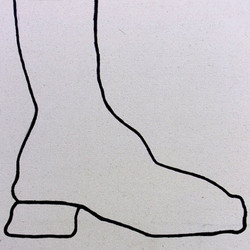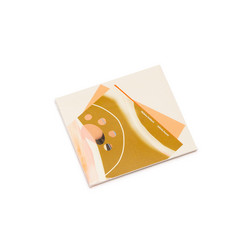1
File under: Sound PoetryPhonetics
Francesco Michi, Pietro Michi
Poesie Eugrughe
Edition of 40. In 1992 the Italian sound artist Francesco Michi curated a project for the Volterra Teatro Festival, called “I Popoli Virtuali” (Virtual Populations). The original idea was to create and show the evidences of the existence of these virtual populations. Michi arranged a series of installations, performances and an exhibition. He himself created the Eugrughi Population, with their own poetics and rituals.
“Poesie Eugrughe” is the representation of a supposed Eugrughian poets recital: Il Bosco che Sussurra (The Wood that Whispers). Original audio documentations of Michi's work, conceived as a 50 minutes endless loop for a live installation, has been edited and remixed by Francesco’s son, Pietro Michi.
“Poesie Eugrughe” is the representation of a supposed Eugrughian poets recital: Il Bosco che Sussurra (The Wood that Whispers). Original audio documentations of Michi's work, conceived as a 50 minutes endless loop for a live installation, has been edited and remixed by Francesco’s son, Pietro Michi.
Details
File under: Sound PoetryPhonetics
Cat. number: CANTO 17
Year: 2019
Notes:
Remix 2017 - Pietro Michi
From "Virtual People Project" by Francesco Michi
Recorded and processed in Firenze (Italy), 1992.
Edition of 40 on translucent white cassette. Each cassette includes a 24 pages book (14 x 20 cm) with texts and images from the original installation by Francesco Michi.
In 1992 the Italian sound artist Francesco Michi curated a project for the Volterra Teatro Festival, called “I Popoli Virtuali” (Virtual Populations). The original idea was to create and show the evidences of the existence of these virtual populations.
The “virtual” adjective here is intended in all its different meanings:
⁃ Virtual Populations are not “ongoing” but they've got the potential to be.
⁃ They are unreal, at the border between desire of reality and imagination.
⁃ Their existence is supposed for convenience, dealing with a certain group of stray peoples as “part of a population”, where individuals appear in different time and places.
Michi arranged a series of installations, performances and an exhibition. He himself created the Eugrughi Population, with their own poetics and rituals. “Poesie Eugrughe” is the representation of a supposed Eugrughian poets recital: Il Bosco che Sussurra (The Wood that Whispers).
The Eugrughi's Legend:
Eugrughi (probably from Greek eu = good and Russian Drug=friend). Eugrughi are a virtual population, who live in small groups all over the Europe, particularly in Tuscany. Eugrughi speak a very complicated language, their culture refers to a basically oral tradition and to an almost entirely acoustic culture. For example, the Eugrugian flag is a flag which the wind does not shake, but makes sound: every flag pattern is slightly different, and we can imagine that this has a meaning, or simply that there are several versions of a basic pattern which represent them.
But very particular are the Eugrughian Poets recitals: Eugrugian poets perform in small woods, at night: they hide from sight and at a very low volume they recite, all together, each one in a different point of the space, their poems. Sophisticated techniques help Eugrugian poets to obtain complex and dense sounds from their language. In the morning, the sounds of the day prevail on their songs and so the recitals end in a natural way.
A world, Eugrughi’s world, in which the sound is the paradigm: through it they express and narrate, through it they are recognizable showing their acoustic emblem.
Their “legend” is about a hypothetic world where the acoustic takes the place of the vision, and we think, imagine, that it can be better than that one of the cultures existing in the reality we live: lower, more respectful, more whispered, whose limits are not traced from: “how far my eyes arrive to see” but: “how far I can hear”.
